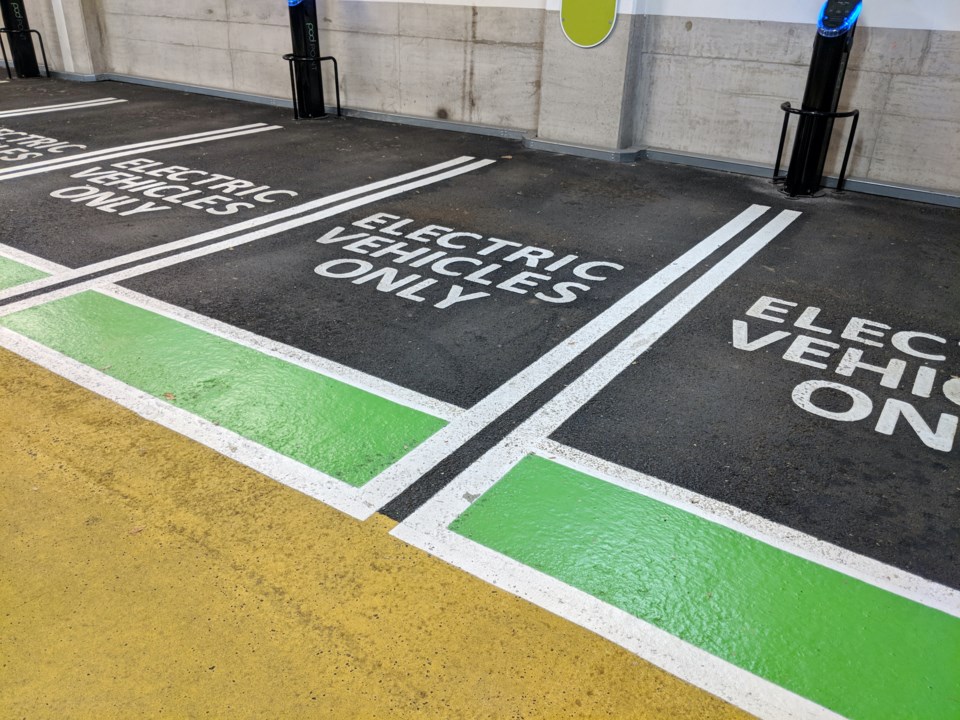With the jump in gas prices — a regular thing in Squamish that has been exacerbated of late — more of us are likely looking at the option of buying an electric vehicle.
And with the climate crisis well underway, most of us in the Sea to Sky Corridor likely agree it is the right thing to do.
In late March, the federal government introduced new emissions reduction goals. The feds aim to see 20% of all new light vehicles sold in Canada be zero-emission by 2026 and 60% by 2030.
The aim is that by 2036, 100% of new vehicles sold will be electric.
Great plan, if it is achievable.
In 2021, about 5.6% of new vehicles in Canada were zero-emission vehicles, up from 3.8% in 2020.
(B.C. does better, with zero-emission vehicles accounting for 13% of all light vehicles registered in 2021.)
But that still leaves a lot of folks sticking with what they are used to — internal combustion engine (ICE) vehicles.
As much as all levels of government have tried to incentivize EV ownership, it is still often cheaper in the short term to buy a new gas-powered car rather than an EV.
The Canadian Vehicle Manufacturers’ Association says that consumers will need even more significant incentives to switch.
The association calls for the feds to increase its incentive to $15,000 per vehicle, up from the current $5,000 maximum, to convince Canadians to switch to EVs.
(The provincial government provides a $3,000 rebate for EVs.)
Studies show that the initial cost and concern over charging infrastructure keep some drivers from electrifying their choice.
There are other barriers as well.
It can still be a hassle for some residents to charge at home.
Despite incentives, too many older complexes in our region aren’t equipped for EV charging and it seems some stratas don’t have policies ready for the question, “can I plug in on common property?”
This was demonstrated by a recent story of an electric vehicle owner whose strata has prohibited EV charging through any 110-volt common property outlet.
The BC’s Civil Resolution Tribunal backed the strata up on this.
Stories like that, added to the ongoing shortage of computer semiconductors and supply and demand issues at some dealerships, and range anxiety create just enough doubt in some folks’ minds to make them hold off buying an EV.
All this to say, the desire is there with most drivers to go electric, but until there are fewer barriers, it will be hard to get the critical mass needed to meet the federal government’s ambitious goals.
What is stopping you from switching to electric? Let us know with a letter to the editor: [email protected].



